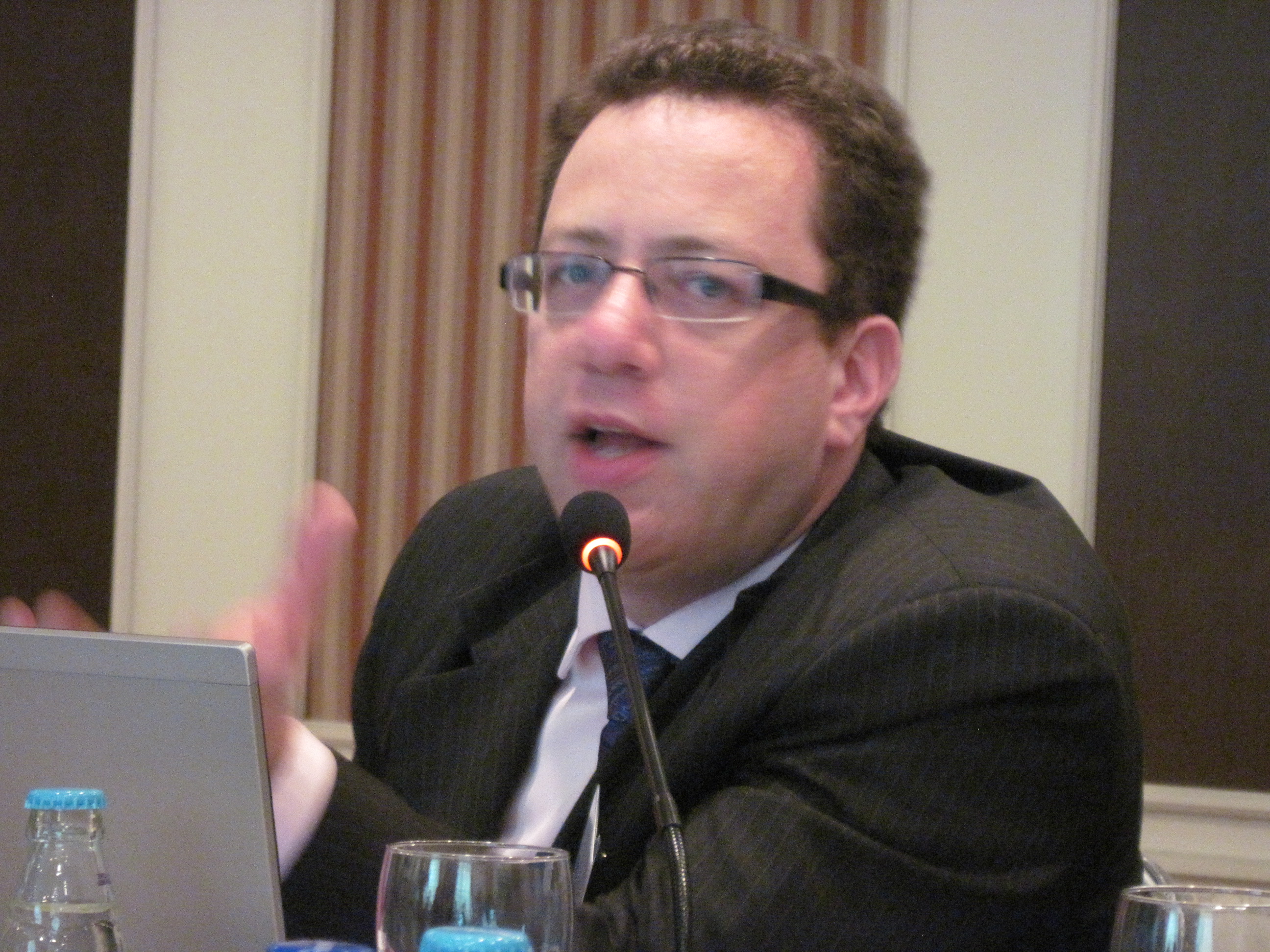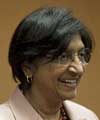U.N. rights office rejects anti-gay laws of Russia, Moldova
Colin Stewart is a 45-year journalism veteran living in Southern…

The human rights office of the United Nations has urged Russia to repeal its ban on “gay propaganda,” while also asking Moldova to repeal a similar law and advising Ukraine not to pass a nearly identical proposal.
Such laws “form the basis for standing and regular harassment, and even arbitrary detention, and help create a climate of fear for anyone working on advancing the rights of lesbian, gay, bisexual and transgender (LGBT) people,” said human rights adviser Claude Cahn of the Office of the High Commissioner for Human Rights (OHCHR) during a meeting in Kiev, Ukraine.
This is the full statement from the OHCHR:
Threatening the rights of LGBT persons in Eastern Europe
Several Eastern European countries are seeking to restrict public discussion and dissemination of information concerning homosexuality and gender identity. In recent years, ten regions of the Russian Federation have adopted such restrictions. The Parliament of Ukraine is considering similar measures. Several municipalities in the Republic of Moldova have also adopted such rules, and in May 2013 Moldovan Parliament passed amendments to the Contraventional Code punishing “propagation of any other relations than those related to marriage and the family in accordance with the Constitution and Family Code”, a coded reference to LGBT. On 30 June, the Russian President signed into law a bill that prohibits promotion of “non-traditional” sexual relationships.

“The restrictions introduced in parts of Eastern Europe are inherently discriminatory in both intent and effect. The limitations they place on the exercise of rights to freedom of expression, association and peaceful assembly and their impact on the work of human rights defenders,” said OHCHR Human Rights Adviser Claude Cahn. According to Cahn, such measures form the basis for standing and regular harassment, and even arbitrary detention, and help create a climate of fear for anyone working on advancing the rights of lesbian, gay, bisexual and transgender (LGBT) people.
Cahn was speaking at a meeting in Kiev, Ukraine, with civil society experts and activists from across Eastern Europe to discuss the implications of new laws adopted or proposed in several Eastern European countries.
The restrictions imposed by these laws would also limit access to age-appropriate information on sexuality – an important component of the right to education and essential if adolescents are to be able to lead fulfilled and healthy lives. Comprehensive, non-discriminatory sexuality education is an essential factor in the fight against sexually transmitted diseases, including HIV/AIDS, a longstanding challenge in the region.
“Such laws chill public debate about sexual orientation and gender identity, in a region of the world which has never benefited from fact-based information about LGBT persons and groups,” said Cahn. “Rather than banning so-called homosexual propaganda or non-traditional sexual relationships, legislators and political leaders across the region have a duty publicly to condemn violence and discrimination against LGBT people, and publicly affirm the importance of taking a stand against homophobia,” he added.
Jasmine O’Connor of the UK charity Stonewall, which advocates for the rights of lesbian, gay and bisexual people, noted that banning information on same-sex relationships and transgender identities would have the opposite of the effect claimed by proponents of these measures. “Rather than protecting the health and moral wellbeing of minors, experience shows that such measures reinforce stigma and prejudice, leading to more discrimination, more abuse and more violence, contrary to the interests and rights of the children and young people concerned.”

Participants at the Kiev meeting noted that in Moldova, for example, the central Government has in some cases used its powers to annul local anti-homophobia ordinances. Moldova’s Ombudsperson’s institution and civil society organizations have also been active in mounting legal challenges to anti-LGBT laws and ordinances.
UN human rights chief Navi Pillay has previously said that “Homophobia and transphobia are no different to sexism, misogyny, racism or xenophobia, but whereas these last forms of prejudice are universally condemned by governments, homophobia and transphobia are too often overlooked.”
“Equality and non-discrimination are core, non-negotiable human rights principles. No one is entitled to treat a group of people as less valuable, less deserving or less worthy of respect,” said Pillay. “Each and every one of us is entitled to the same rights, to the same respect and ethical treatment, regardless of our sexual orientation or gender identity.”
Related articles
- UN Campaign to Raise Awareness of LGBT Equality: Free and Equal (lawprofessors.typepad.com)
- Boycotting anti-gay Russia: Vodka, maybe Olympics too (76crimes.com)
- Russia, the Winter Olympics and Laws Against Gay Propaganda (usnews.com)
- Archive of this blog’s articles about Russia
- Archive of this blog’s articles about Ukraine
- Archive of this blog’s few articles about Moldova


